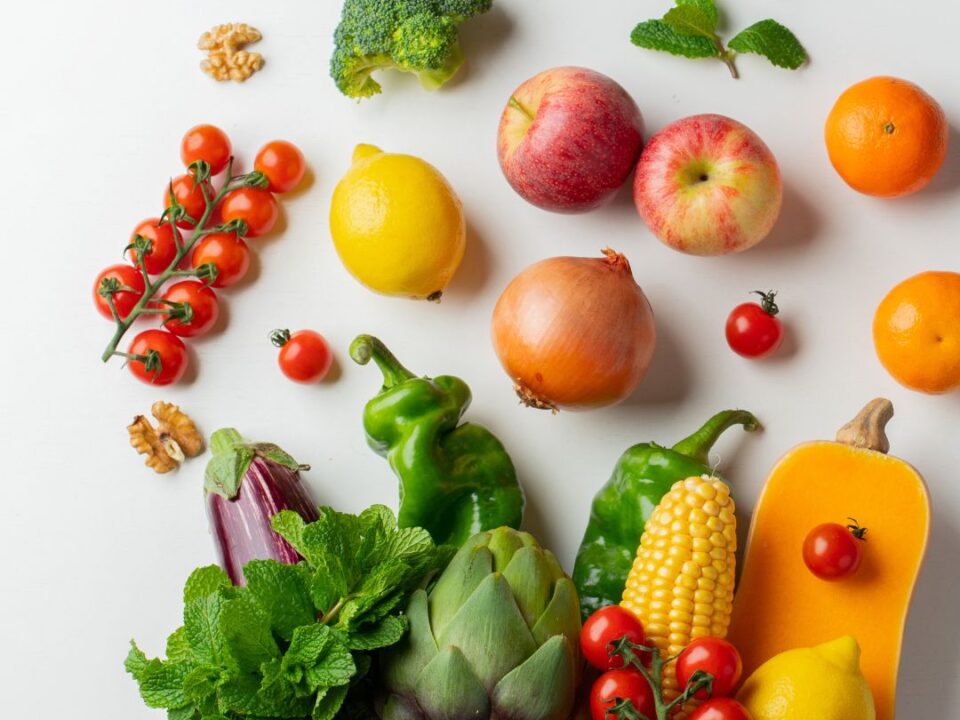
Written by Susan Merli
A Microcosm of Experiences
The COVID-19 pandemic created a microcosm of experiences we had to face almost simultaneously rather than over the natural course of events that occur in a lifetime.
Emotions of fear, anxiety, isolation, depression, and regret have been rolled up in one bundle of existential questions about how to live and discover meaning in life.
Viktor Frankl believed that humans have the capacity to rise above the most adverse circumstances and in his work, Man’s Search for Meaning, he wrote that meaning has clear significance to the human condition. When we face what to do with our “dash” – the time between life and death, we are challenged to address the anxiety that results from the tension caused by our dilemma of choice. Even thinking about any of the following questions can be anxiety-inducing.
- What actions do I take?
- How do I make the most of my life?
- How do I spend my time?
- What does it all mean?
- What is my purpose?
- Do I stay in my job?
- Do I want to continue working remotely?
- When will it feel safe to travel again?
- Will I ever get through my to-do list?
- How do I stop procrastinating?
The Eternal Recurrence
Fredrich Nietzsche wrote in The Gay Science (the English translation doesn’t do it justice – Die Fröhliche Wissenschaft – or the wisdom of happiness) that we are to imagine the dilemma of what he calls, The Greatest Weight. Here is the question for you:
“What, if some day or night a demon were to steal after you into your loneliest loneliness and say to you: ‘This life as you now live it and have lived it, you will have to live once more and innumerable times more; and there will be nothing new in it, but every pain and every joy and every thought and sigh and everything unutterably small or great in your life will have to return to you, all in the same succession and sequence—even this spider and this moonlight between the trees, and even this moment and I myself. The eternal hourglass of existence is turned upside down again and again, and you with it, speck of dust!’
“Would you not throw yourself down and gnash your teeth and curse the demon who spoke thus? Or have you once experienced a tremendous moment when you would have answered him: ‘You are a god and never have I heard anything more divine.’ If this thought gained possession of you, it would change you as you are or perhaps crush you. The question in each and every thing, ‘Do you desire this once more and innumerable times more?’ would lie upon your actions as the greatest weight. Or how well disposed would you have to become to yourself and to life?”
Would you gnash your teeth, or would you be happy to have the hourglass of life turned upside down again and again?
The choices we make can cause us tension and distress. Yet when we understand how to take personal accountability, this greatest weight becomes easier to bear and we may even thank the demon for the opportunity to relive our life.
Heidigger’s Recommendation
Martin Heidigger remains a controversial figure in history, and I am conscious of referencing him in this post. In his book, Being and Time (Sein und Zeit), he wrote that death plays a key role in how we choose to live our life.
Heidigger invites us to write our obituary and by looking at our life from the perspective of our death, asks us to consider if we would make different choices.
What would surface as a priority?
What would fall away as less important or even trivial in our thoughts?
I’ve included a link to a YouTube video about Heidigger’s views on life from the lens of facing death.
Regrets, I’ve had a few…
Many palliative care nurses have written that a dying person’s insights and reflections as they face the end of life include the following top five regrets.
- “I wish I’d had the courage to live a life true to myself, not the life others expected of me.”
- “I wish I hadn’t worked so hard.”
- “I wish I’d had the courage to express my feelings.”
- “I wish I had stayed in touch with my friends.”
- “I wish that I had let myself be happier.”
For more on this topic, please see the MindBodyGreen.com post.
First Things First
References to the Greatest Weight, reflecting on one’s death, and considering life’s regrets all culminate in the awareness of personal accountability and choosing to place priority on “first things first”. No matter what you face in life, there will be times of uncertainty and confusion.
We can lessen our tension and anxiety – while not eliminating them completely – when we are connected to our core values or as I like to call it, our North Star. Our North Star helps us to set a general course that aids in steering the direction of our life while our goals are the specific coordinates that we need to support us along the way.
Prioritization Tools
I’m a fan of time-blocking and the priority matrix or Eisenhower Matrix. I also use the Pomodoro Technique and any tool that will help me avoid procrastinating and that allows me to put first things first. If I’m going to live the same life over and over again, I want to ensure I’m making choices that I can perpetually live with. That thought is motivation enough for me to make better choices.
Suggested Reading
https://authentikaconsulting.com/be-more-productive-with-time-blocking/
https://authentikaconsulting.com/how-to-stay-motivated-during-uncertain-times/
Maintaining Your Engine
I like to think of my body as a vintage automobile. It isn’t possible to get new parts, so I need to make choices about how I maintain the body of this vintage vehicle. I want to keep it running and in top condition for as long as possible. That means getting enough sleep (always a challenge for me), eating healthy, exercising regularly, and surrounding myself with people who inspire, encourage, and motivate me.
Suggested Reading
https://authentikaconsulting.com/5-minute-self-care-tips-to-prevent-the-january-blues/
https://authentikaconsulting.com/categorizing-people-in-your-life/
Personal Accountability
Prioritizing through uncertainty requires conscious effort and practicing healthy personal habits every day. I hope the examples and references shared with you will provide food for thought as you consider the daily choices you face.
Even in his darkest hour, Viktor Frankl was inspired by the power of the human spirit, and I believe, this will help us find the resilience and the courage to face our largest and smallest challenges each day.
References
Bluerock, G. (2020), The 9 most common regrets people have at the end of life. MindBodyGreen.com. Retrieved from: https://www.mindbodygreen.com/0-23024/the-9-most-common-regrets-people-have-at-the-end-of-life.html
Frankl, V. (1963). Man’s Search for Meaning. New York: Washington Square Press.
Heidigger, M. (1927). Being and Time (Sein und Zeit). Harper Perennial Modern Classics.
Nietzsche, F. (1974). “The Gay Science (Die Fröhliche Wissenschaft).” Trans. Kaufmann, Walter. New York: Vintage Books.



